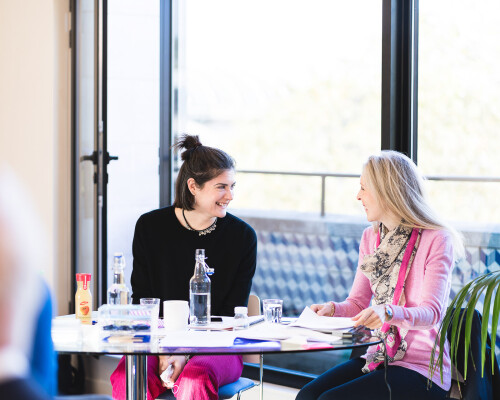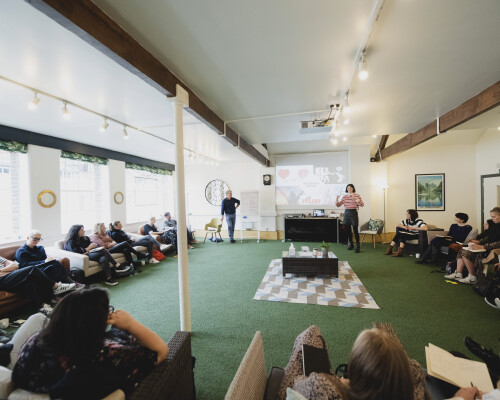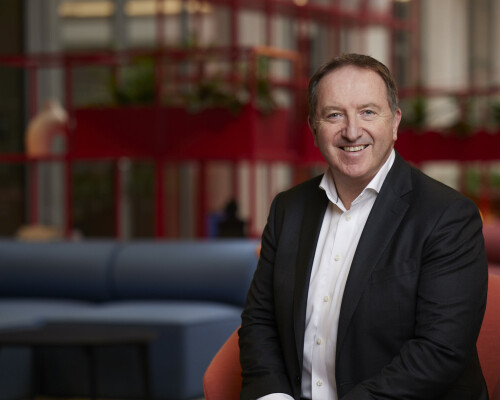Summary
It can be intimidating to start a conversation around a subject that is sensitive or that you don’t fully understand. Reverse Mentoring offers an opportunity for senior leaders to be mentored by colleagues with diverse backgrounds to explore and understand different perspectives both in the workplace and in life in general.
Background
Reverse Mentoring was first introduced as a concept in the early 00s as Jack Welch, CEO of General Electric invited younger colleagues to help teach his Board how to adopt emerging technologies and the internet.
Today, Reverse Mentoring is more often introduced in organisations to help leaders develop awareness of different experiences and widen perspectives, as well as to raise the voice of individuals from underrepresented groups.
School for CEOs’ research into reverse mentoring uncovered that while it is often introduced with enthusiasm and excitement, without the right structure and guidance they can easily fail.
Our process is designed to address the potential derailers up front and encourage both patience and openness in conversations. As a third party, we are also able to offer independent advice to individuals throughout the experience, which can be invaluable to individuals who find certain subjects difficult to discuss.
Whether introducing reverse mentoring to understand diversity or to bring a different perspective to strategic conversations, our team are well-equipped to help you clearly define this and support you from initial planning phases through to wrap up.
Agenda
Drawing on our proprietary research, the School for CEOs process helps set up, facilitate and supervise in-house reverse mentoring programmes in a supportive yet non-intrusive way.
Planning
Support with identification of programme objectives, participant recruitment and matching and gather benchmarking data.
Mentor Prep Workshop
Develop mentoring skills and build confidence among mentor group.
Launch Workshop
Gain insight from the School’s proprietary research on reverse mentoring relationships and begin contracting and rapport building with partner.
Mentoring
Participants begin 1:1 mentoring conversations with partner.
Midway Calls
Mentees come together and mentors come together in a facilitated call to share early learnings and address any challenges or concerns.
Mentoring
Participants continue 1:1 mentoring conversations with partner.
Wrap Up
Whole cohort comes together to celebrate individual growth and learning and consider how to take learnings forward. Benchmarking questionnaires are repeated.
Participant Profile
Typical reverse mentees are Executive Teams or senior leaders in an organisation. Mentors are often identified from talent populations or from colleague networks.
Depending on the focus of the programme, some organisations also invite open applications to participate.
Start a Conversation
Or do you need help to select the best programme that suits your goal?
Email: info@schoolforceos.com




